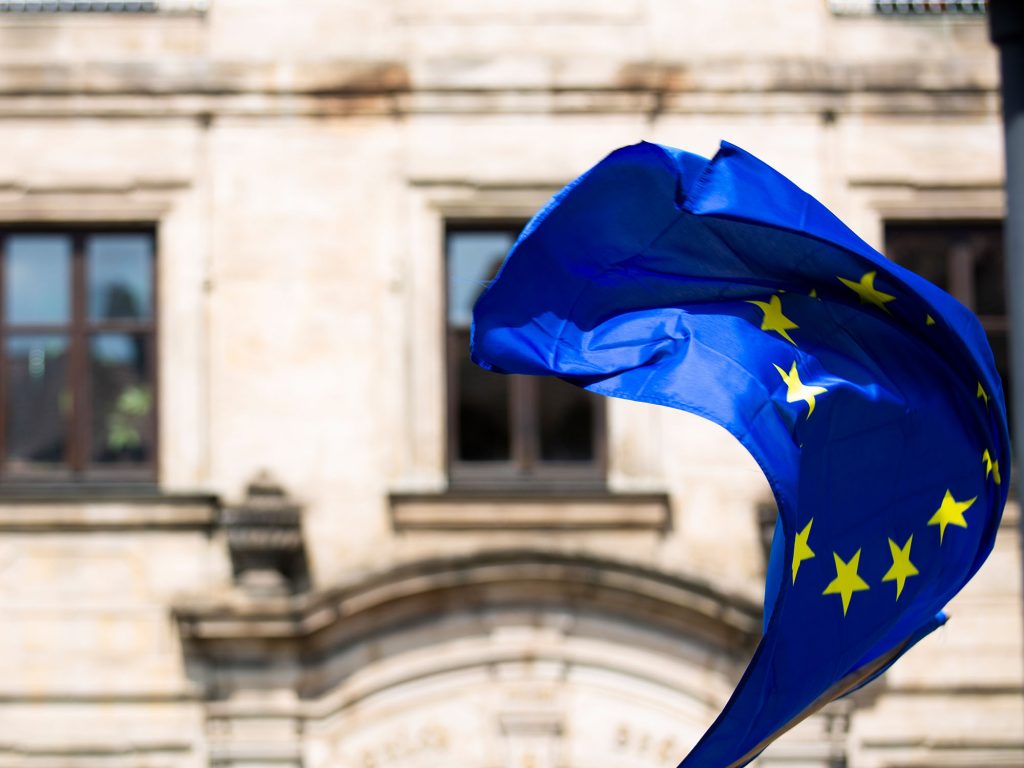As the global community continues to grapple with the coronavirus (COVID-19), the Atlantic Council is open for business. Our business, meetings, and events, however, are occurring virtually. For more information, please read an update from our President and CEO.
Infrastructure is a key foundation stone and a powerful driver of economic growth and resilience. The Three Seas Initiative (3SI) was launched by twelve EU member states situated between the Baltic, Black, and Adriatic Seas to accelerate the development of cross-border energy, transport, and digital networks. On October 19, Tallinn will host the next Three Seas Summit convening top leaders from Central Europe, the European Union, the United States, and Germany.
Successful execution of 3SI addresses a trillion dollar regional infrastructure deficit, a legacy of Soviet occupation of Central Europe, and will expand the linkages between 3SI member states and between the region and the rest of Europe. Toward these ends, a commercially-managed Three Seas Initiative Investment Fund was launched earlier this year to invest in the region’s cross-border projects, and the United States has pledged to invest up to $1 billion in the fund and 3SI energy projects.
The International Monetary Fund will soon release a landmark study, Infrastructure in Central, Eastern, and Southeastern Europe: Benchmarking, Macroeconomic Impact, and Policy Issues, that examines the region’s infrastructure gaps and assesses the potential returns of infrastructure investment. The report articulates policies that can help countries and regions maximize the benefits of infrastructure investment.
In the run up to the October 19 Three Seas Summit hosted by the President of Estonia in Tallinn, the Atlantic Council hosts a discussion on this important IMF report, the Three Seas Initiative, and the opportunities the region’s economic vitality presents for investment.
Featuring
Dr. Kristalina Georgieva
Managing Director
International Monetary Fund
H.E. Kersti Kaljulaid
President of the Republic of Estonia
H.E. Kadri Simson
European Commissioner for Energy
Mr. Frederick Kempe
President and CEO
Atlantic Council
Dr. Kristalina Georgieva, Managing Director, International Monetary Fund: Prior to assuming her leadership role at the IMF, Dr. Georgieva was CEO of the World Bank. She has served as European Commission Vice President for Budget and Human Resources and as Commissioner for International Cooperation, Humanitarian Aid, and Crisis Response. She has served for 17 years at the World Bank, including as Vice President and Corporate Secretary.
H.E. Kersti Kaljulaid, President of the Republic of Estonia: President Kaljulaid has served in her office since 2016. Prior to assuming her Presidency, she was a member of the European Court of Auditors and CFO and CEO of Iru Power Plant of Esti Energia. In the Government of Estonia, she served as the Economic Advisor to Prime Minister Mart Laar. In her current position, she is convening on October 19th the next Three Seas Summit in Tallinn.
H.E. Kadri Simson, European Commissioner for Energy: Kadri Simson is an Estonian politician from the Centre Party. She is serving as a European Commissioner for Energy in the Von der Leyen Commission since December 1, 2019. She was previously the Minister of Economic Affairs and Infrastructure in Jüri Ratas’ first cabinet from 2016 to 2019. From 2007–2016 Kadri Simson was a member of the 11th, 12th, and 13th Riigikogu (Estonian parliament) and in 2019 she was also elected to the 14th Riigikogu.
Mr. Frederick Kempe, President and CEO, Atlantic Council: Mr. Kempe is the president and CEO of the Atlantic Council. Before joining the Council in 2007, Mr. Kempe was a prize-winning editor and reporter at the Wall Street Journal for more than twenty-five years. He was also the longest-serving editor and associate publisher of the Wall Street Journal Europe, running the global Wall Street Journal’s editorial operations in Europe and the Middle East.

Future Europe Initiative
Providing expertise and building communities to promote transatlantic leadership and a strong Europe in turbulent times.
The Future Europe Initiative promotes the transatlantic leadership and strategies required to ensure a strong Europe.